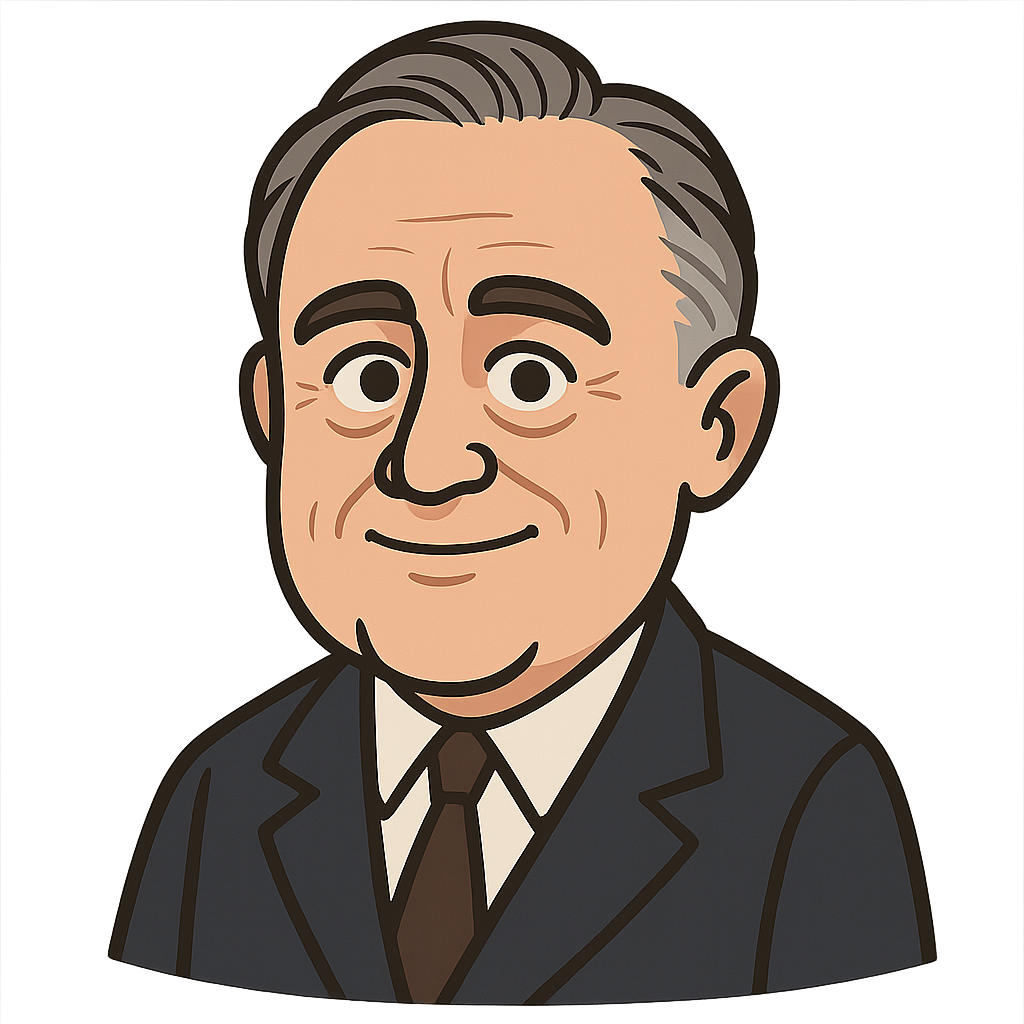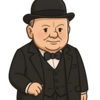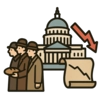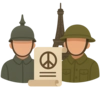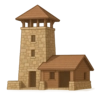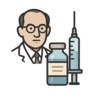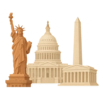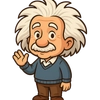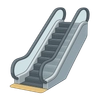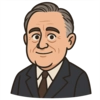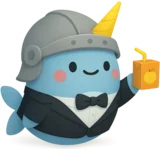Franklin D. Roosevelt
Hello there. My name is Franklin Delano Roosevelt, but many people just called me FDR. My story begins in a beautiful place called Hyde Park, New York, where I was born on a chilly day, January 30, 1882. My home was nestled near the wide, flowing Hudson River, and that river was my playground. I learned to sail its waters, feeling the wind push my boat and the cool spray on my face. I loved being outdoors, exploring the woods, and learning the names of all the different birds. When I wasn't outside, I had a special hobby that let me travel the world without ever leaving my room. I collected stamps. Each tiny, colorful square was a window to a faraway land, a piece of a story from a place I dreamed of visiting. Growing up, I looked up to my older cousin, Theodore Roosevelt. He even became the President of the United States. He had such an adventurous spirit and a powerful voice, and he used his strength to help people. Watching him inspired me. I decided that I, too, wanted to spend my life serving others and making my country a better place for everyone. That dream became the compass for my entire life.
As I grew older, I followed my dream into politics, hoping to make a difference. My life became even brighter when I married my wonderful wife, Eleanor. She was smart, kind, and she shared my passion for helping people. We started a family and my political career was just beginning to take off. But in the summer of 1921, my world turned upside down. I fell ill with a terrible disease called polio. When the fever finally passed, I discovered I could no longer use my legs to walk. It felt as if a door had slammed shut on my life and my dreams. For a while, I was filled with sadness and frustration. But with Eleanor's constant encouragement, I refused to let this challenge defeat me. I worked for hours every day, trying to regain my strength. Though I would never walk on my own again, I learned something incredibly important. This struggle taught me what it felt like to face a great hardship. It gave me a deeper understanding and a stronger connection to all people who were facing their own difficult challenges, and I promised myself I would never give up on them or on myself.
In 1933, I became the 32nd President of the United States. It was not a happy time for our country. America was in the middle of a terrible period called the Great Depression. Imagine if most of the grown-ups you know suddenly lost their jobs, their savings, and even their homes. That’s what was happening all across the country. Families were hungry, and many people felt scared and hopeless. I knew I had to act boldly and quickly. I promised the American people a “New Deal.” This wasn’t just a slogan; it was a series of plans and programs we created to put people back to work, help farmers, and make sure the banks were safe. To explain these new ideas, I used the radio. In the evenings, families would gather around their radios, and I would speak to them as if I were sitting right there in their living rooms. These talks were called “fireside chats.” I wanted to speak directly and honestly, to calm their fears and explain how we were going to fix things together. I wanted them to feel that their president understood their worries and that there was a light at the end of the tunnel.
Just as America was starting to heal from the Great Depression, a new shadow fell across the world: World War II. At first, we tried to stay out of the conflict, but everything changed on December 7, 1941. On that quiet Sunday morning, our country was attacked at a place called Pearl Harbor. I knew then that we could no longer stand by while freedom was threatened. I spoke to the nation and said it was a “date which will live in infamy.” America had to join the fight. The years that followed were difficult for everyone, but Americans came together with incredible courage. During these challenging times, the people of the United States trusted me to lead them. They elected me to be their president not just once or twice, but four times. I am the only president to ever serve more than two terms, and I felt the weight and honor of that trust every single day I was in office.
I led our country through the Great Depression and most of World War II, working as hard as I could for the American people I loved so much. But my body grew tired, and in the spring of 1945, just a few months before the war finally ended, my life came to a close. Looking back, I hope people remember the lesson I tried to share during our darkest hours. I once told the nation, “The only thing we have to fear is fear itself.” I truly believe that. When we face our fears with courage, work together, and care for one another, there is no challenge we cannot overcome.
Activities
Take a Quiz
Test what you learned with a fun quiz!
Get creative with colors!
Print a coloring book page of this topic.

